|
Twenty-five years ago, the world joined South Africa in celebrating the end of almost four centuries of colonial and apartheid oppression. The first inclusive elections that year saw Nelson Mandela become the country’s first black president following a decisive electoral victory by his party, the African National Congress. The country celebrates the day of the elections as Freedom Day every year. To mark the day, we bring you a selection of articles that provide some perspective on how the country has fared in the intervening quarter of a century.
For many, a great deal of the promise of liberation hasn’t been realised. Henning Melber shows how the ideals of 1994 remain remote.Vashna Jagarnath suggests that the failure to meet the promise of freedom lies in compromises made during the country’s negotiated settlement. For his part Steven Friedman takes a different view, arguing that it’s wrong to blame the country’s failure to fulfil the promise of freedom on the compromises made during negotiations to end apartheid.
Mashupye Maserumule laments the dysfunctionality of the South African state. And, with many post-colonial African regimes having betrayed their historic liberation missions, Roger Southall ponders how South Africa’s erstwhile liberation has fared on the scale of democracy all the way to kleptocracy. For his part, Theunis Roux looks at how well the country’s globally respected Constitutional Court is doing in protecting its democracy. Lastly, Steven Friedman takes a hard look at the way in which the country portrays poor people protesting against their continued marginalisation.
|
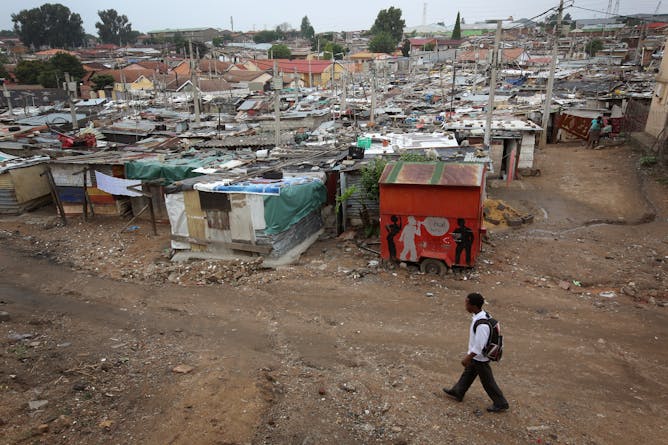
Many South Africans have yet to see freedom bear fruit.
EPA/Kim Ludbrook
Henning Melber, University of Pretoria
As South Africa marks 25 years of freedom, many citizens have to contend with the harsh reality that they can't eat democracy.
|
Reflections
|
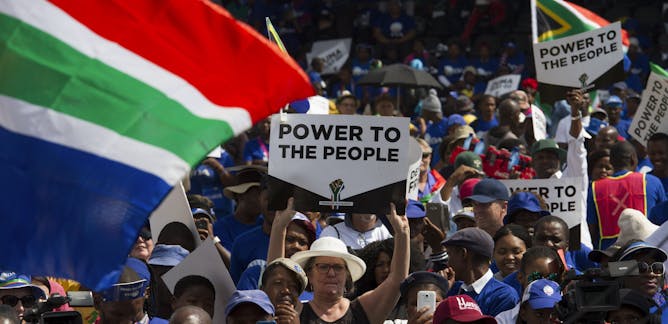
Vashna Jagarnath, University of Johannesburg
The removal of Jacob Zuma from power is to be welcomed but, it's not the answer to South Africa's problems.
| |

Steven Friedman, University of Johannesburg
Mandela’s reconciliation message may have partly reflected his view of the world. But it was also a product of his party, the ANC.
|
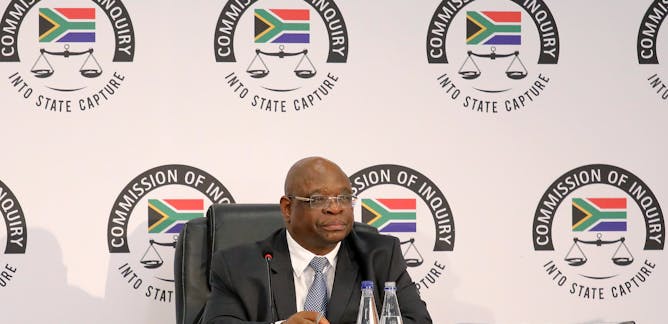
Roger Southall, University of the Witwatersrand
Corruption in South Africa became increasingly organised under former President Jacob Zuma.
| |
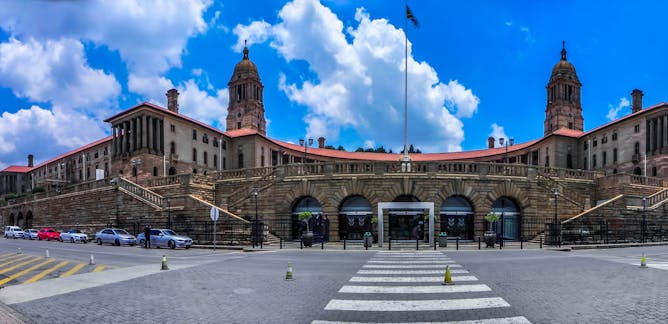
Mashupye Herbert Maserumule, Tshwane University of Technology
South Africa's governance challenge can't simply be fixed by reorganising the structure of government.
|
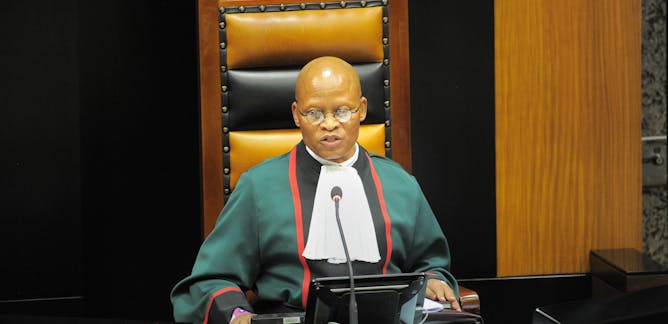
Theunis Roux, UNSW
South Africa’s Constitutional Court has performed remarkably well in protecting democracy since 1995.
| |
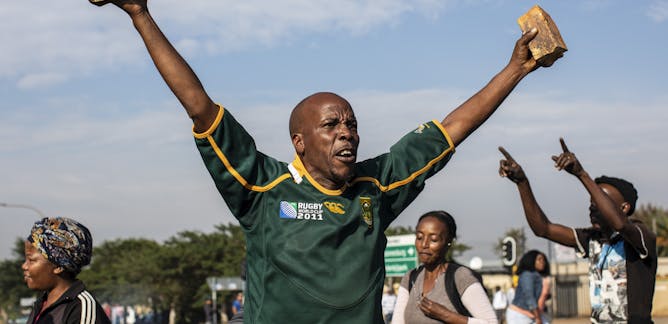
Steven Friedman, University of Johannesburg
To claim that protests are being organised suggests sinister motives. But all protest is organised. So are cake sales and shopping expeditions.
|
|
|